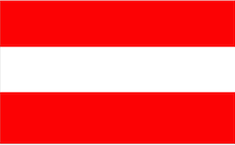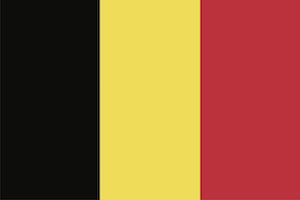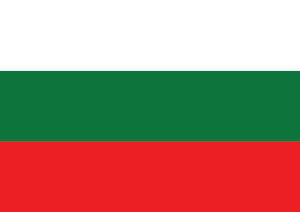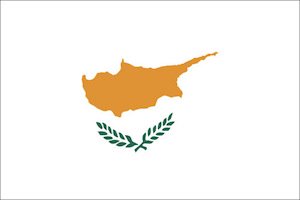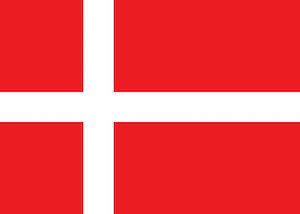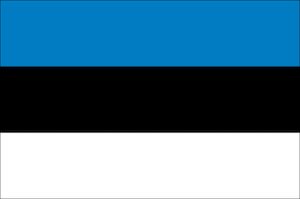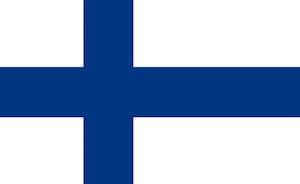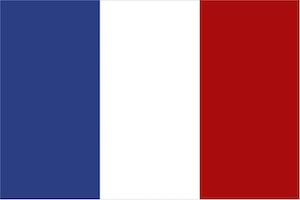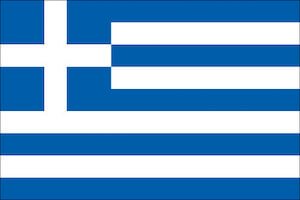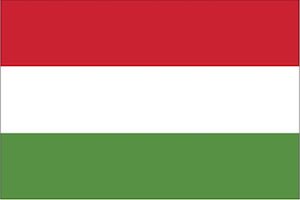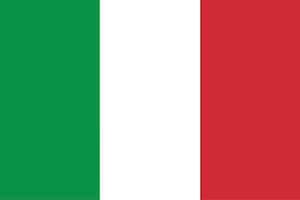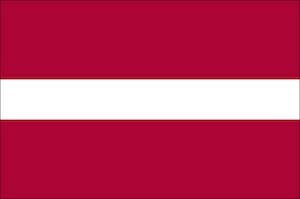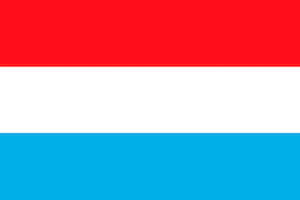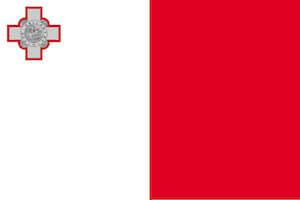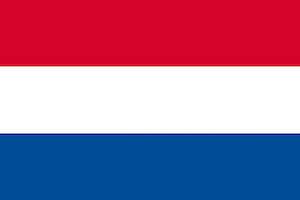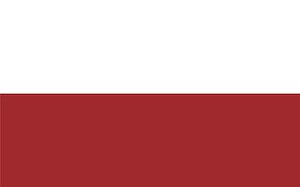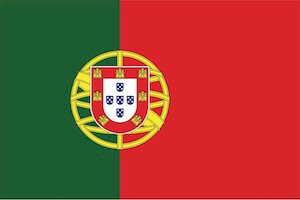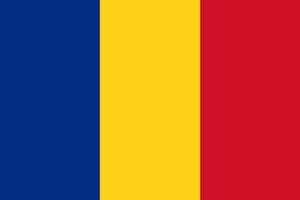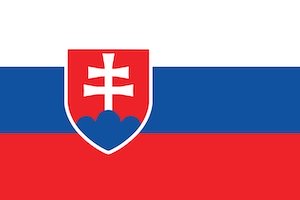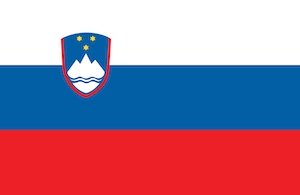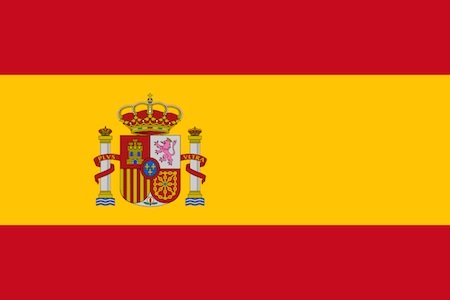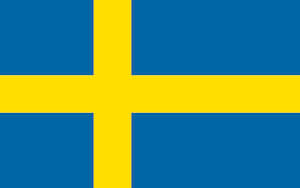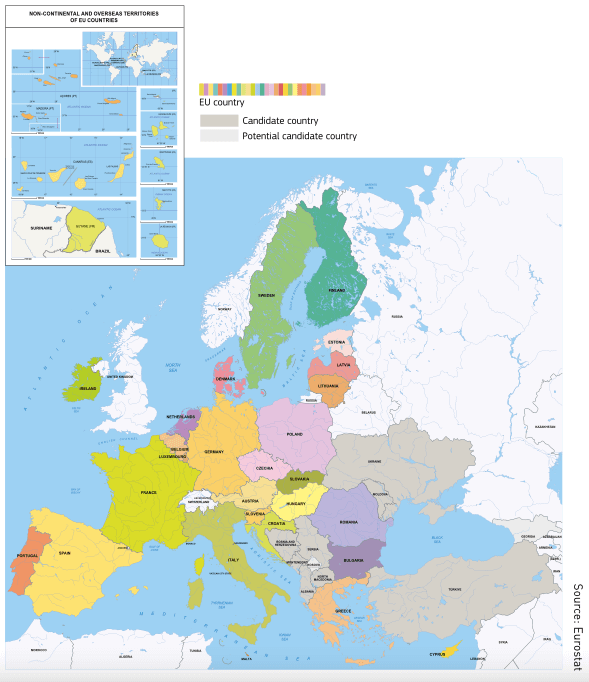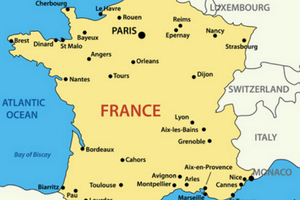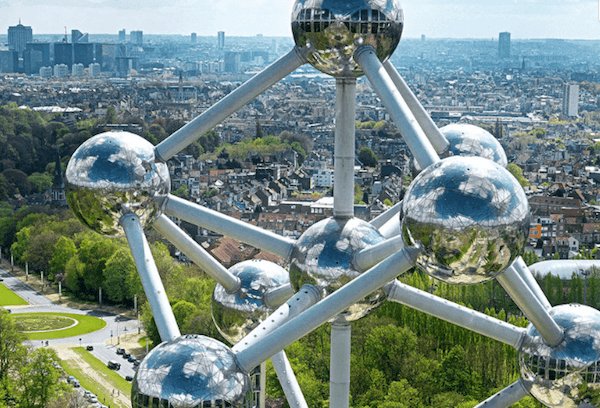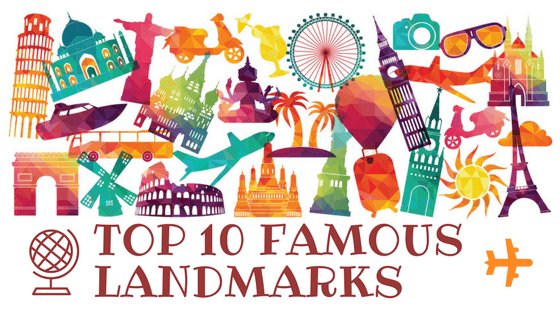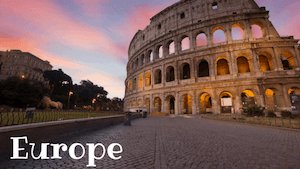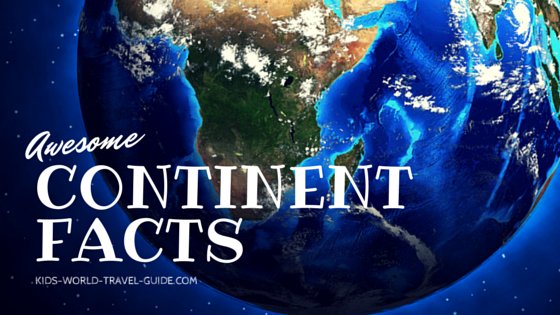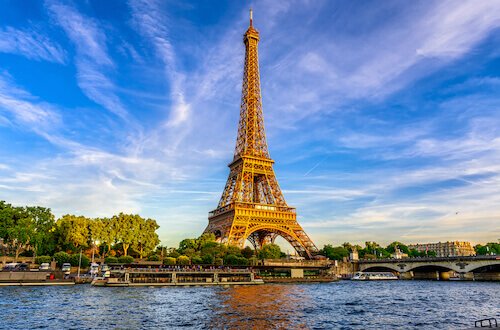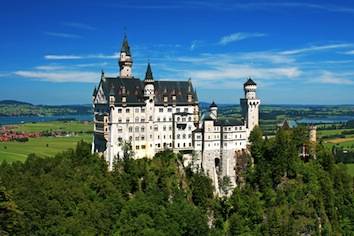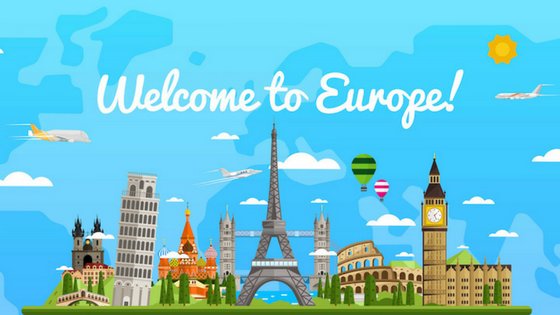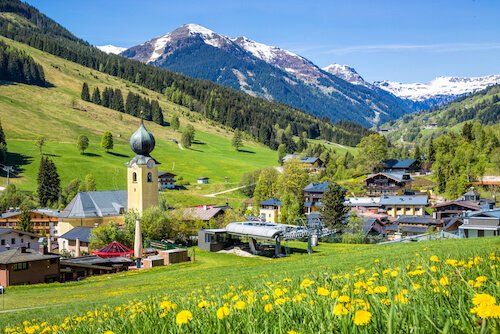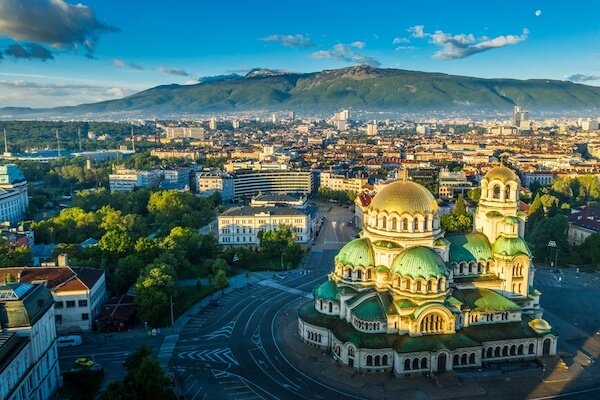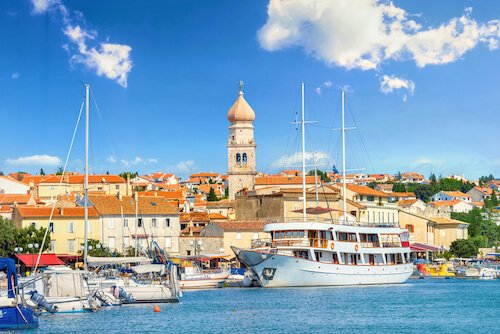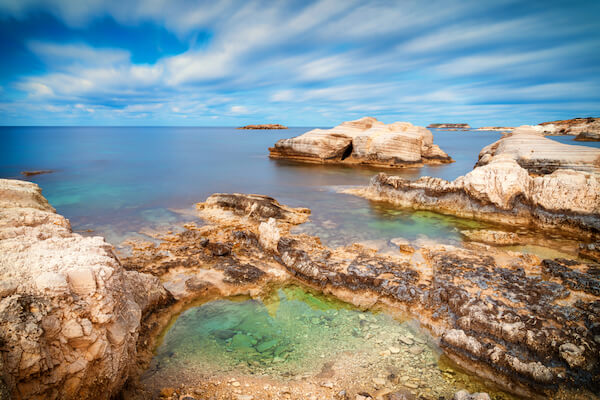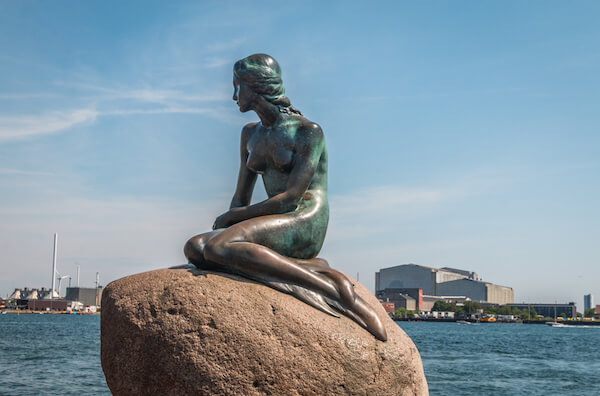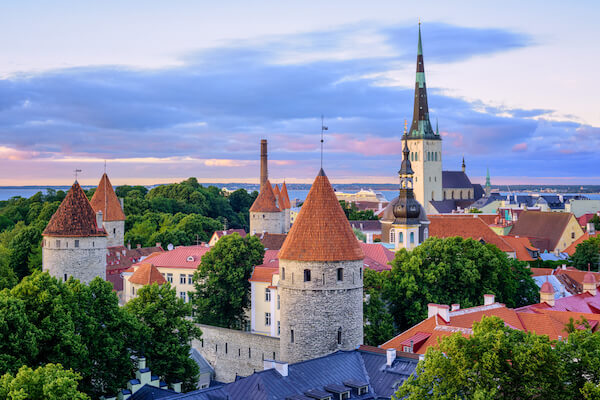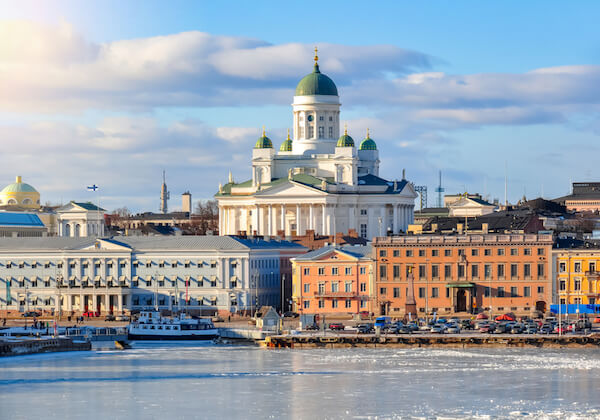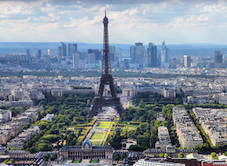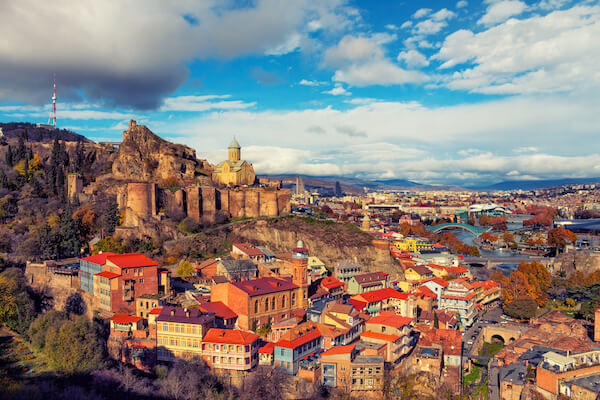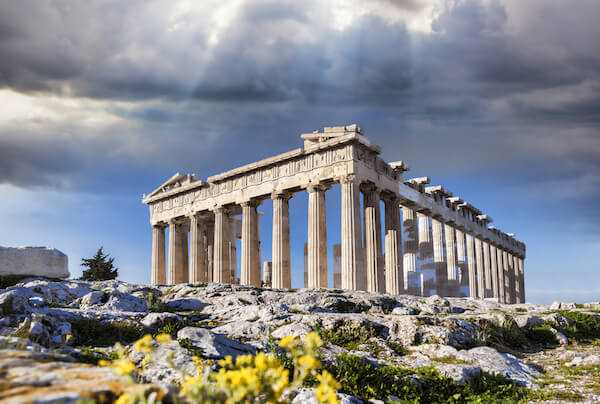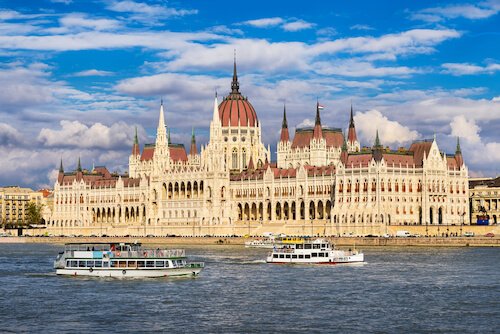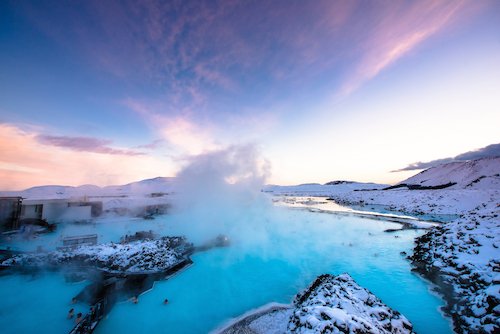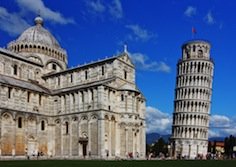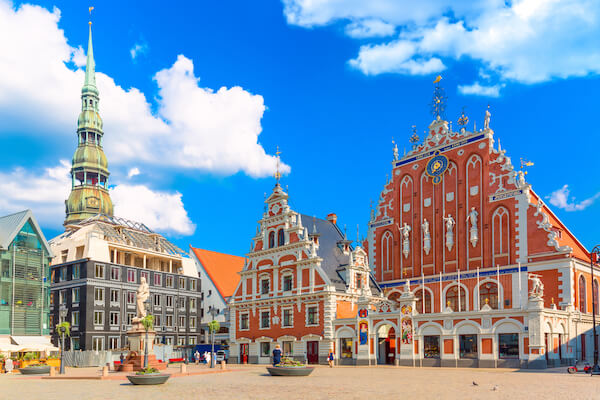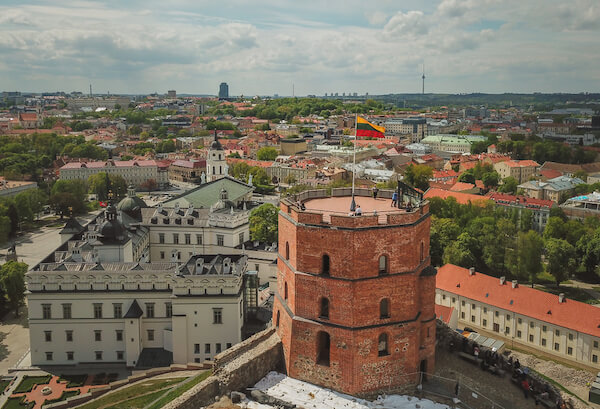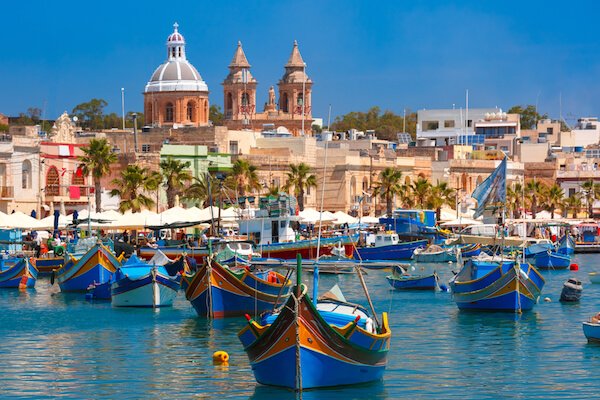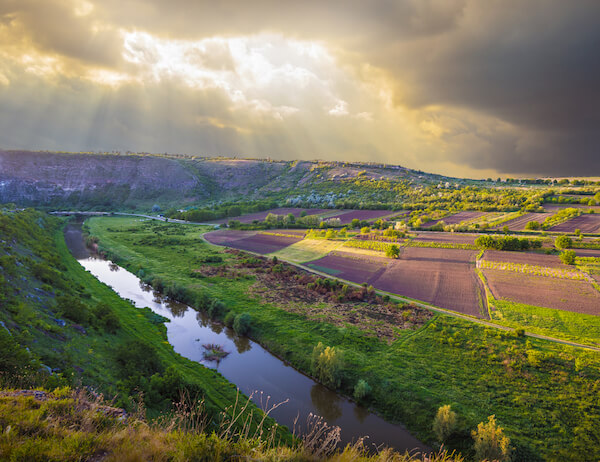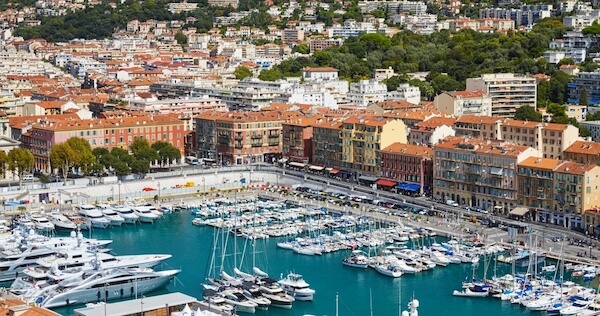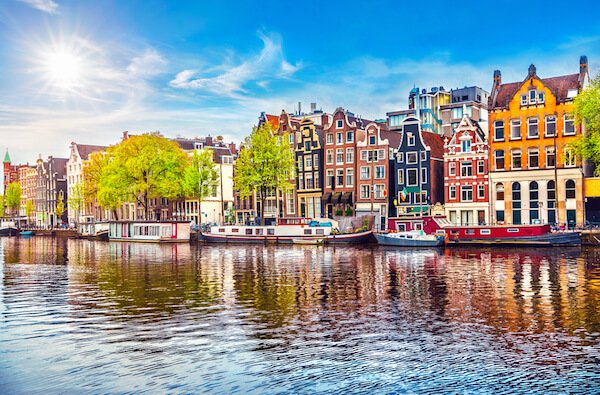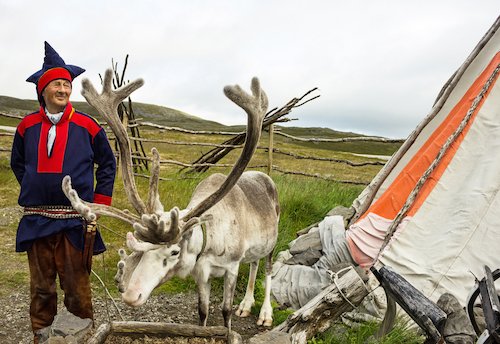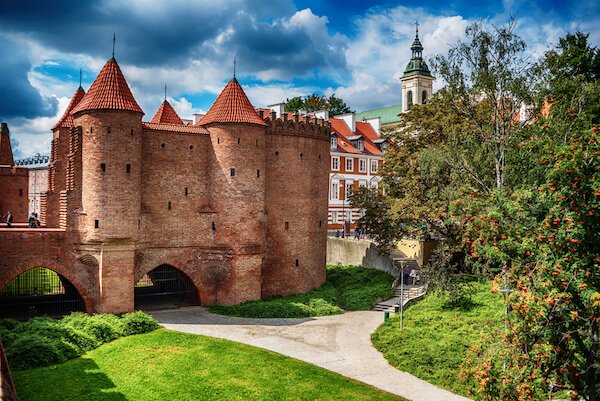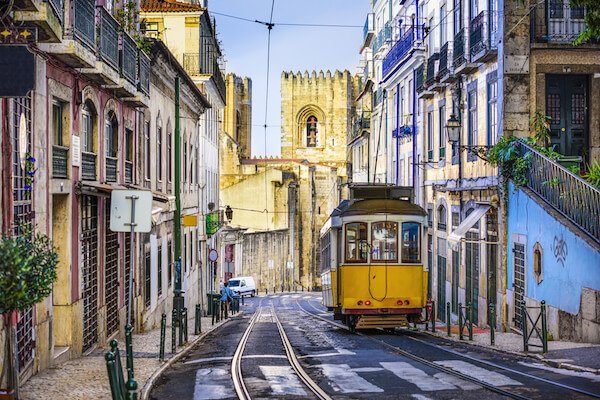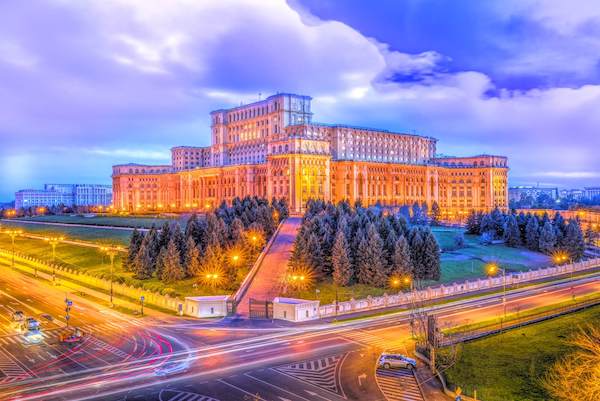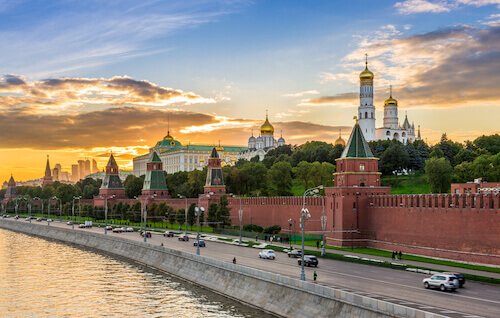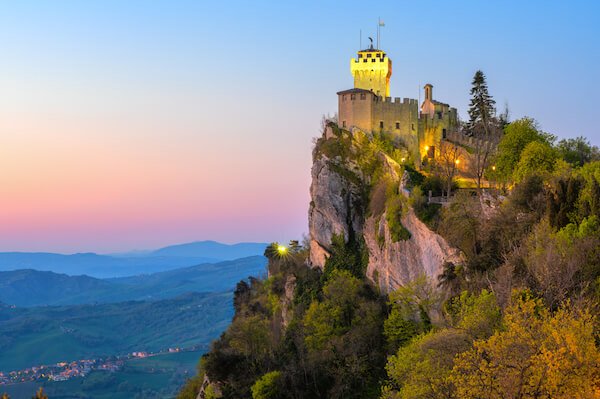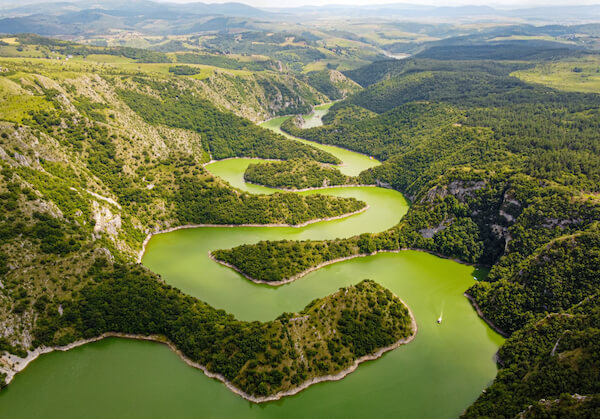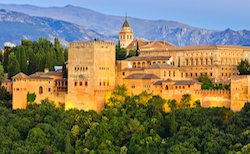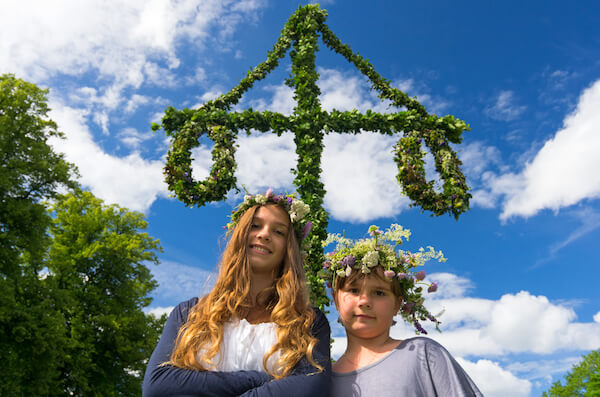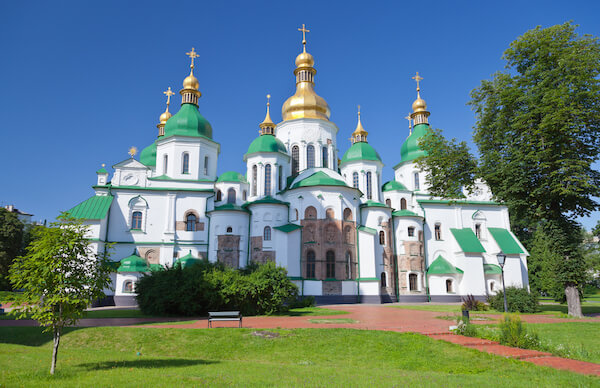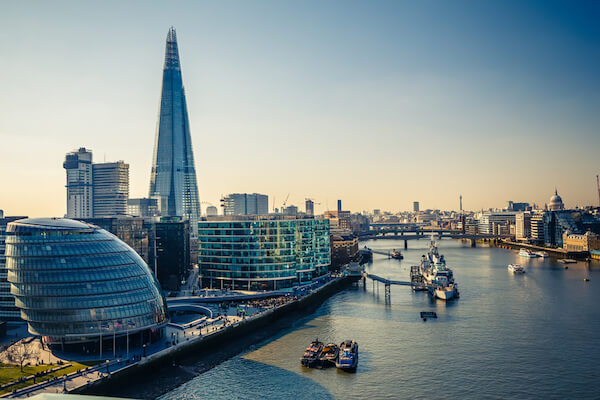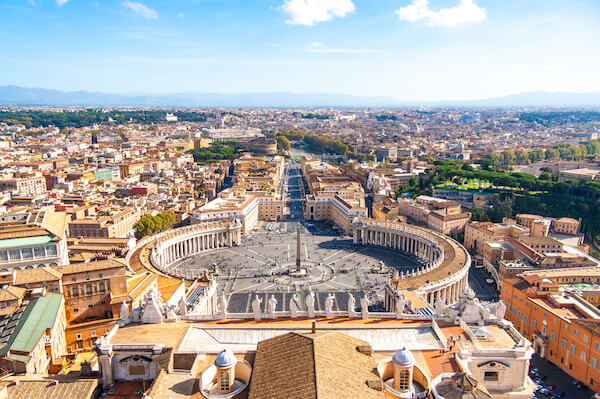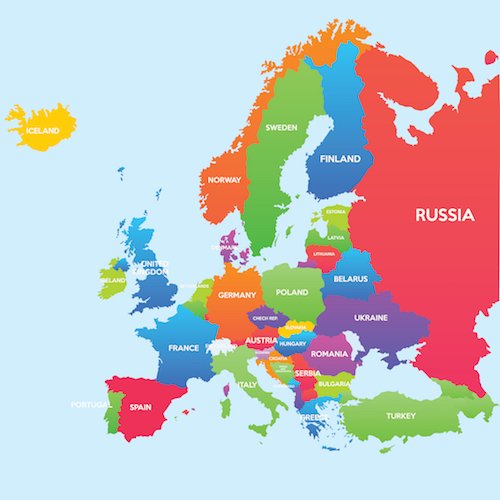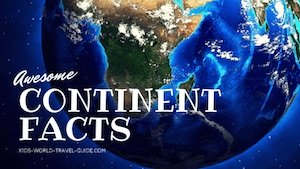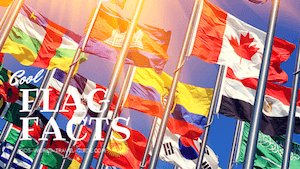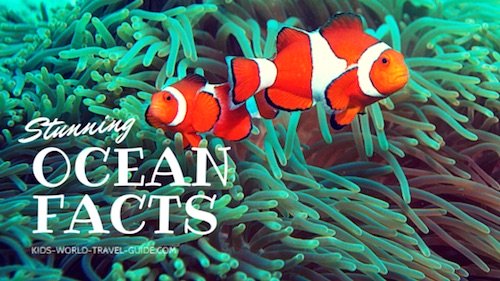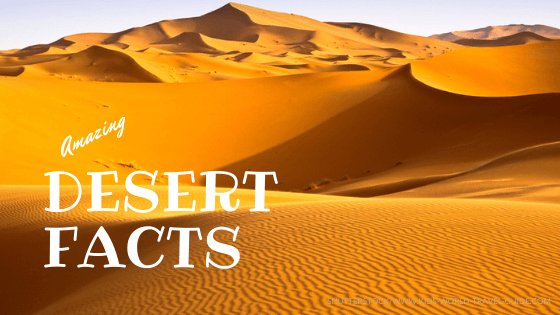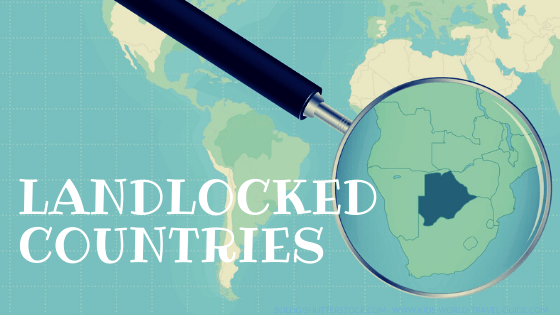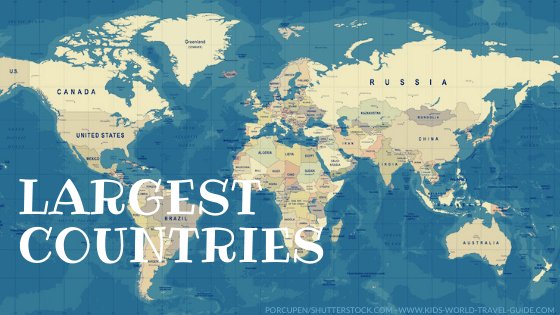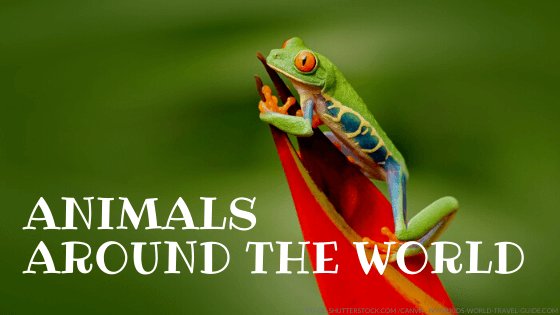- Homepage
- European Union
EU Facts | European Union
Our EU Facts for Kids provide interesting and fun facts about the European Union, its meaning, its history and all you really should know about the EU.
European Union Facts
The EU or European Union is a union of European member countries. The EU is a political economic union of countries that are located on the European continent.
Of the 50 countries in Europe, 27 belong to the European Union (EU).
Note that the European Union member countries all are independent and sovereign countries with their own governments, own legislation and own constitutions. The UK left the European Union in 2020.
Top 20 EU Facts
1. The EU has 27 members. These 27 member countries are:
The European Union changed as it lost one member state on 31 January 2020. Do you know which country left the EU in 2020? Now here are all the 27 countries of the EU (click on the map to zoom in):
From 2013 until 2020, the EU had 28 members. While several countries such as Albania, Serbia or Turkey are still waiting to be accepted to become a member of the EU, one member country left the EU on 31 December 2020: The UK.
The United Kingdom left the European Union after 52% of the UK population voted to leave the community of the European Union in 2016.
2. The European flag has a circle of 12 golden stars on a blue background which symbolise unity, solidarity and harmony among the European member countries.
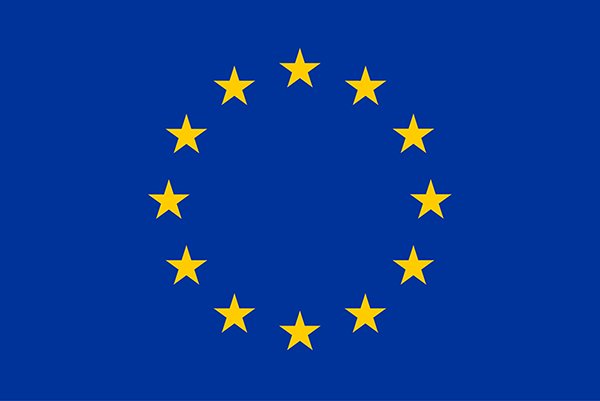 Blue EU flag with 12 golden stars
Blue EU flag with 12 golden starsWhy twelve stars only and not 27?
The stars do in fact not represent the number of member states but the idea that unity, harmony and solidarity are the binding links of the people in the member states. The golden stars on the blue flag represent these ideals and the flag is a symbol of the European identity. The flag was first adopted in 1955.
3. The European motto is 'United in Diversity' and this motto was first used in 2000.
4. The European anthem is a melody that was composed by German composer Ludwig van Beethoven in 1823.
The melody is part of Beethoven’s Ninth Symphony and referred to as "Ode to Joy". The anthem only consists of the musical tunes, there are no words to the anthem as music is understood to be the universal language of all nations. The anthem is played at official ceremonies of the EU or when several countries share and attend any European event.
5. Largest country by land area in the European Union is France, while the biggest EU country by population is Germany.
6. The EU is home to 451 million inhabitants in total living in the member countries (2024).
Thus the EU is the third largest population after China and India. The EU is about half the size in land area than the USA.
7. Smallest country of the EU by land area and population is Malta.
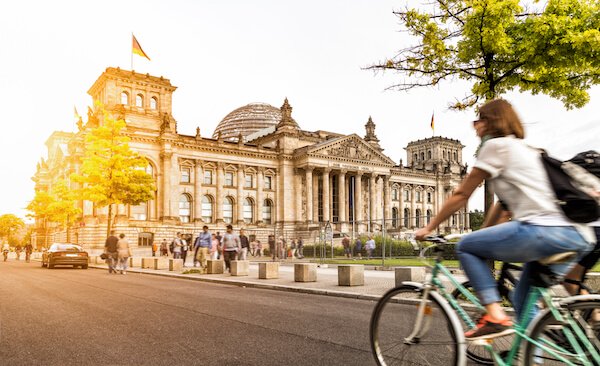 Reichstag - German parliament buildings in Berlin
Reichstag - German parliament buildings in Berlin8. Largest city in the EU: Berlin in Germany is the biggest city with a population of 3.7 million inhabitants. Other big EU cities are Madrid/Spain, Rome/Italy and Paris/France but they have less than 3 million people.
The largest metropolitan area is, however, Paris with 12.4 million people.
Interesting fact: London in the United Kingdom with almost 9 million inhabitants was the EU's biggest city until 31 January 2020.
9. Richest and poorest in the EU: The richest country with the highest GDP per capita is Luxembourg while the poorest country with the lowest GDP per capita is Bulgaria.
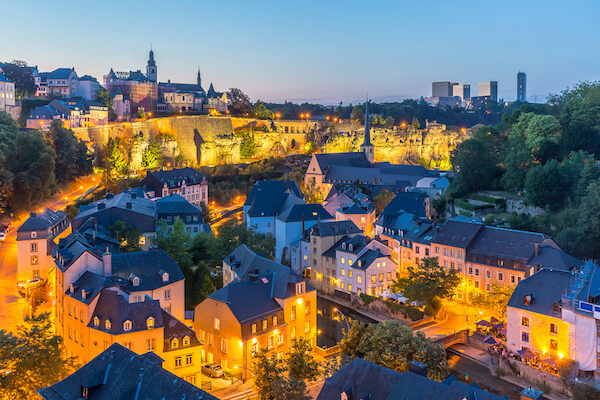 Luxembourg City
Luxembourg City10. What is the European Union? The EU is a political and economic union that have common institutions and an EU parliament. The member states of the EU share common interests and common values.
The main purpose is to uphold peace, promote economic and social solidarity and bring the European people together. There is freedom to move in the European Union so people from a EU country can live, work and study in any other European country.
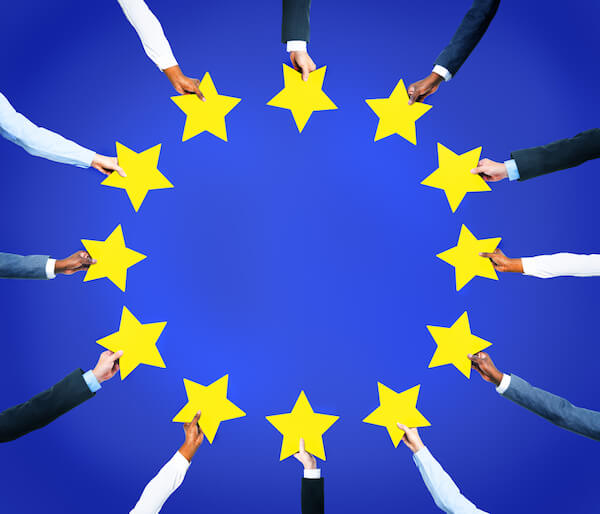
11. When was the EU formed? The first European Union was formed by six countries in 1958 although it was not called 'European Union' then.
The six founding countries are Germany, France, Italy and the three Benelux countries (Belgium, the Netherlands and Luxembourg).
12. A little history on the EU: The idea to form a common union was introduced by Robert Schuman, foreign minister of France, already in 1950.
The European Union as is was first established with the Treaty of Maastricht in 1993. The final EU constitution came into effect with the Treaty of Lisbon in 2009 which also established the election of a common president for the European Council.
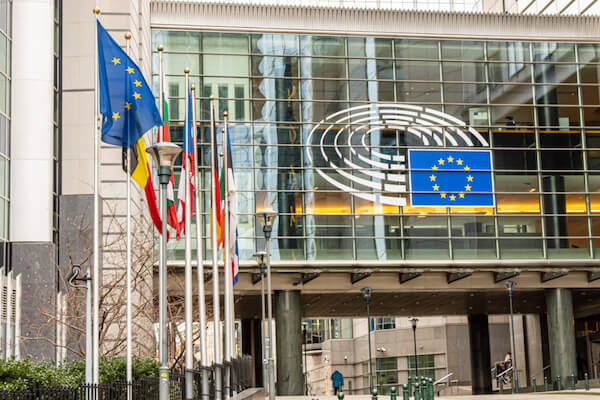 The EU headquarters are in Brussels
The EU headquarters are in Brussels13. Important EU cities: Four cities are very important for the European union:
- Brussels in Belgium (EU headquarters)
- Strasbourg in France (European Parliament)
- Frankfurt/Main in Germany (European Central Bank)
- Luxembourg City in Luxembourg (seat of the European Parliament and the European Court of Justice)
The EU capital city is Brussels, which is the capital city of Belgium.
14. The presidency of the Council of the European Union rotates every six months. The Council of the EU represents the governments of the member states and the presidency is held by the national government’s head of state.
The EU council is led:
- from July to December 2024 by Hungary
- from January to June 2025 by the Poland
- from July to December 2025 by Denmark.
15. There are three important bodies within the European Union:
- The EU Parliament that consists of directly elected members who represent the people of their member country.
- The EU Council that consists of the heads of state of the member countries who make the decision for and support the decision made prior in their country.
- The EU Commission represents the interests of the European Union member states and the proposes new laws that the parliament and the council then discuss and can then adopt.
16. Therefore there are three leaders of the European Union:
|
EU Commission President (2019-2029) 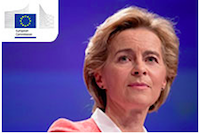 Ursula von der Leyen from Germany |
|
EU Council President (2024-2029) 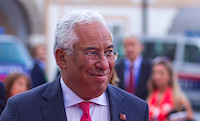 Antonio Costa from Portugal |
|
EU Parliament President (2022-2027)  Roberta Metsola from Malta |
17. Languages in the EU: There is no single European language, as all languages are considered equal and shall be respected by all people in the European Union. Thus all information is available in 24 languages:
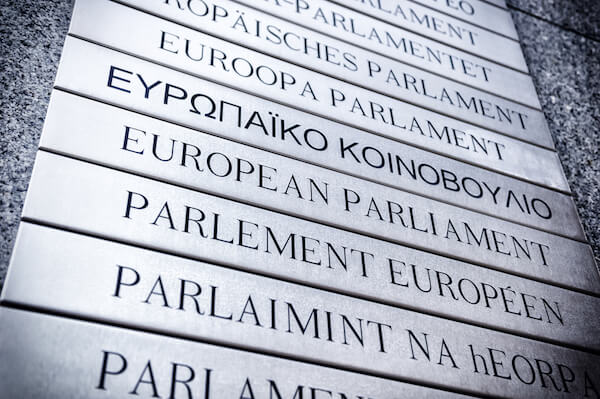
The 24 official languages used in the European Union are:
- Bulgarian
- Croatian
- Czech
- Danish
- Dutch
- English
- Estonian
- Finnish
- French
- German
- Greek
- Hungarian
- Irish
- Italian
- Latvian
- Lithuanian
- Maltese
- Polish
- Portugues
- Romanian
- Slovak
- Slovenian
- Spanish
- Swedish
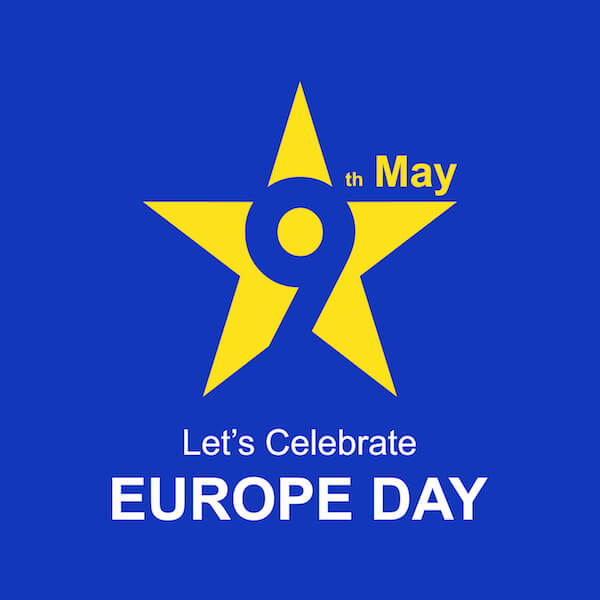
18. EU Day: Europe Day is celebrated on 9 May. This is, however, not a public holiday, although in Brussels and Strasbourg many public institutions will hold various activities, concerts and open-door events for the interested public.
19. The European economy: The European Union is the largest trade block in the world. The majority of trade is with the EU member countries as there is free trade among the member countries. The so-called ‘single market’ was established in 1992.
In terms of the total value of all goods and services produced (GDP), it is bigger than the US economy.
20. Largest airport: Since Brexit, Paris Charles de Gaulle Airport in France is the busiest airport in the EU.
Until 31 January 2020, London Heathrow airport in the United Kingdom was the largest and busiest airport in the European Union.
More EU Facts
EU Facts | Money: The European Central Bank was founded in 1998 and the European currency was introduced in 2002. The European currency is the EURO for 19 countries of the EU while other European countries still use their own national currency such as Denmark, Sweden, Croatia and the United Kingdom. The first EURO coins and banknotes were circulated in the European countries in 2002.
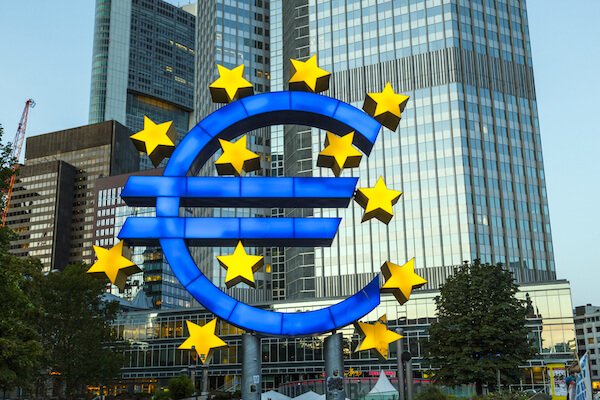 Eurosign in Frankfurt am Main/Germany
Eurosign in Frankfurt am Main/GermanyEU Facts | EURO: These are the 20 country of the EURO zone. Here the official currency is the EURO. These countries are: Austria, Belgium, Croatia, Cyprus, Estonia, Finland, France, Germany, Greece, Ireland, Italy, Latvia, Lithuania, Luxembourg, Malta, Netherlands, Portugal, Slovakia, Slovenia, Spain
EU Facts | Unemployment: The unemployment rates in the EU are very diverse.
The lowest unemployment rates are recorded in Czech, Germany, Malta and the Netherlands, while France, Italy, Spain and Greece have the highest number of unemployed people between 20 and 64 years of age.
EU Facts | Awards: Did you know that the EU was recipient of the Nobel Peace Prize in 2012? The prize was awarded for advancing peace, reconciliation, democracy and human rights in Europe.
EU Facts | Famous Landmarks: Among the most visited tourist sites and landmarks in the EU are:
- Brussels and the Atomium in Belgium
- Paris and the Eiffel Tower in France
- Berlin and the Reichstag in Germany
- Athens and the Acropolis in Greece
- Rome and the Colosseo in Italy
Read about the world's top landmarks you really should know. Click here.
Popular Pages
Useful Resources for EU Facts:
This page was last updated on 3 December 2024.
- European Union. "About the EU - Easy to read Version." EU Publications. Last accessed 3 December 2024
- European Union. "Life in the EU." Facts and Figures. EU Publications. Last accessed 3 December 2024
- Luxembourg Government. "The European Institutions in Luxembourg". Luxembourg - Let’s make it happen. Last accessed 3 December 2024
- European Commission. "The European Union: What it is and what it does." EU Publications Office. 29 November 2019. Last accessed 3 December 2024
- Pascal Fontaine. "Europe in 12 lessons". EU Publications Office. 29 August 2019. Last accessed 3 December 2024
- Atomium Belgium. "Atomium Educational Folder". Atomium Museum. Last accessed 3 December 2024. - in French and Dutch only.
Image Credits on EU Facts page: Shutterstock.com and wikipedia commons
***
